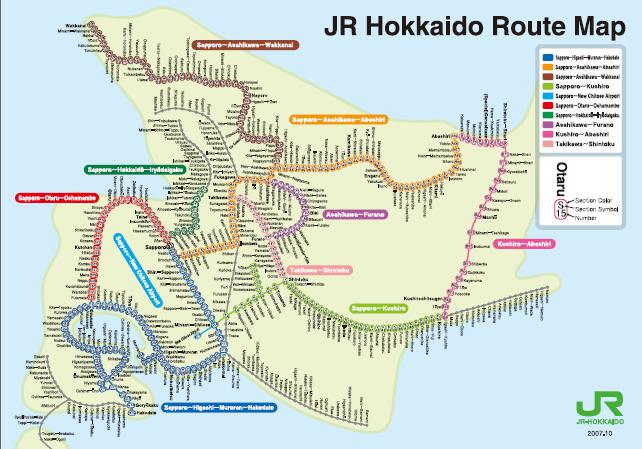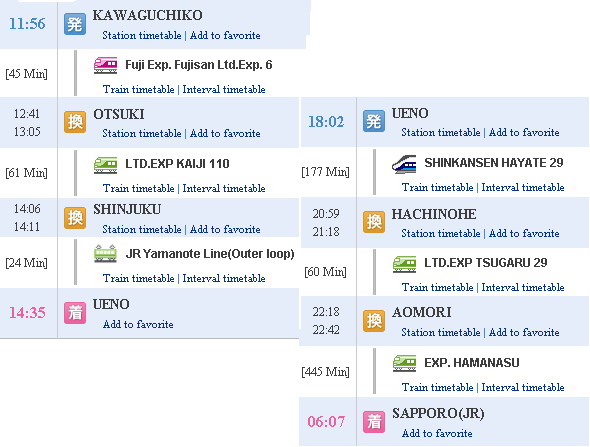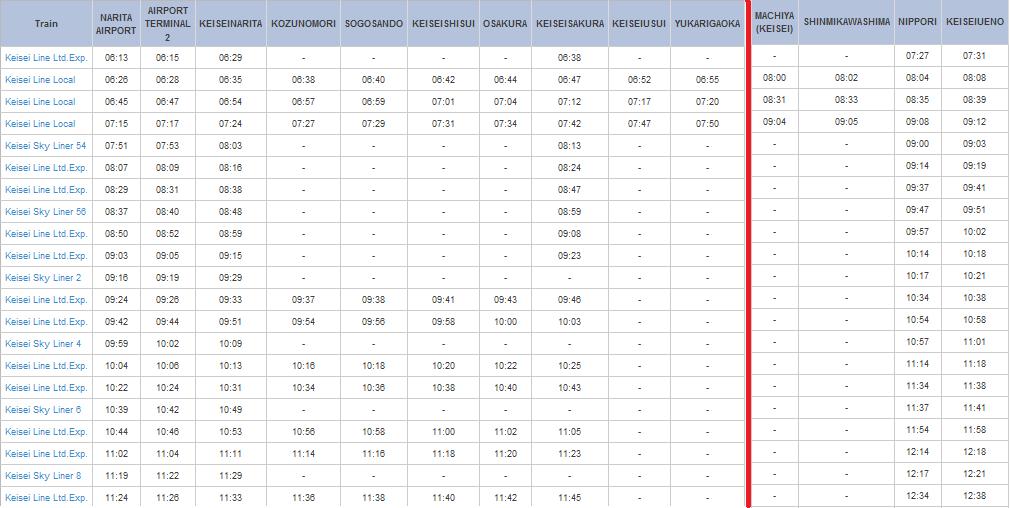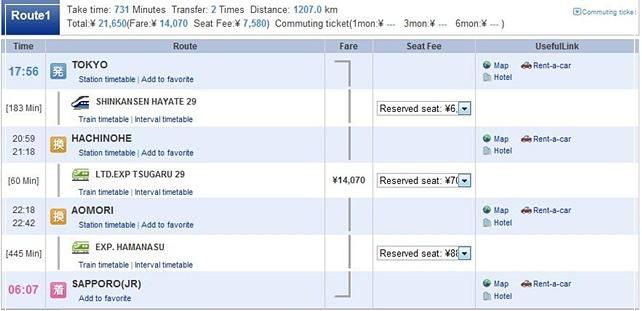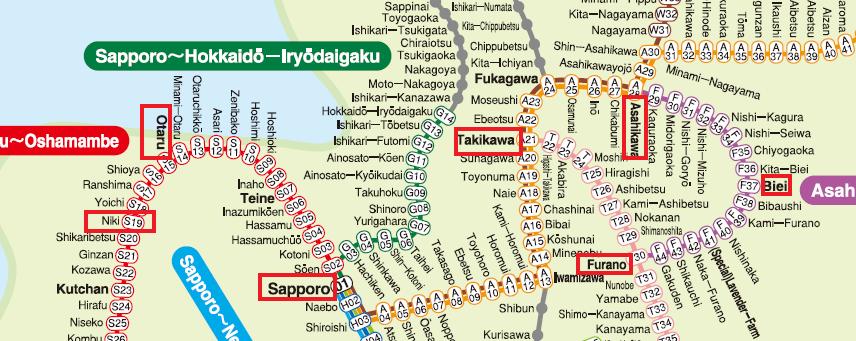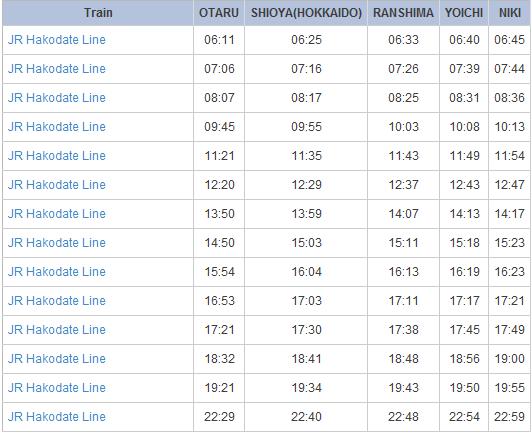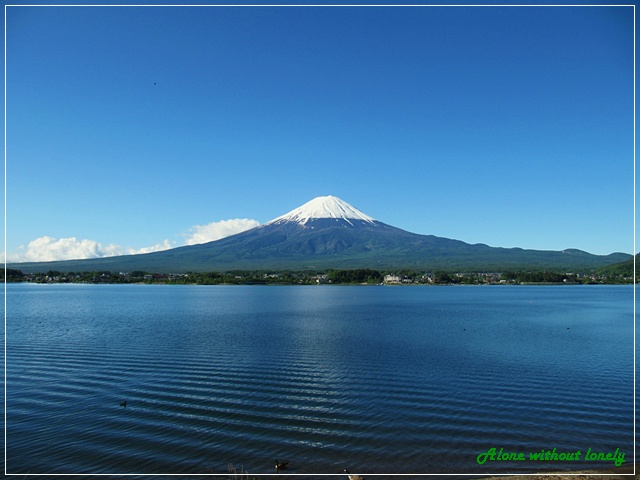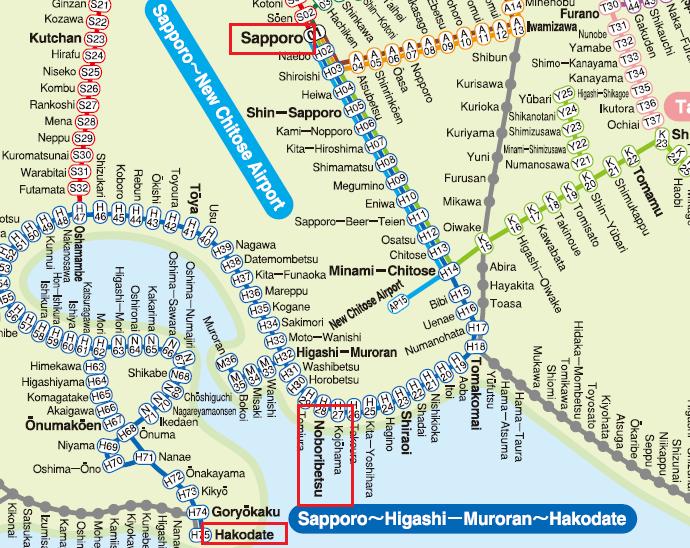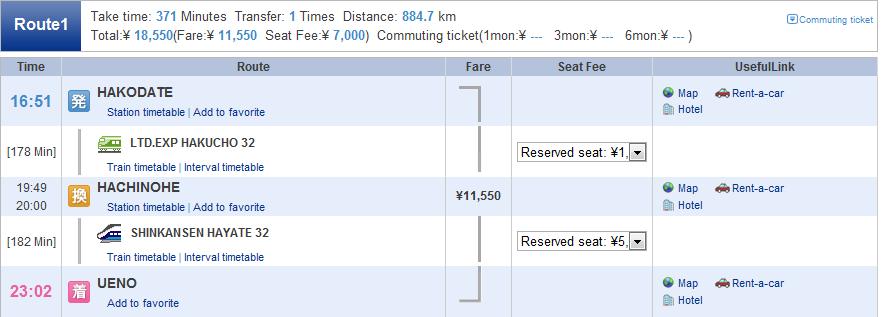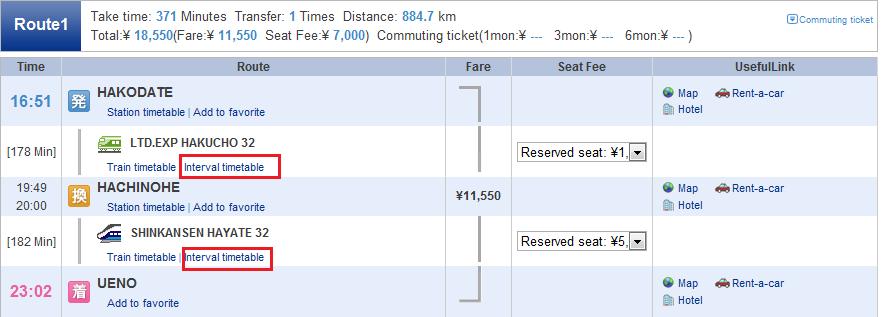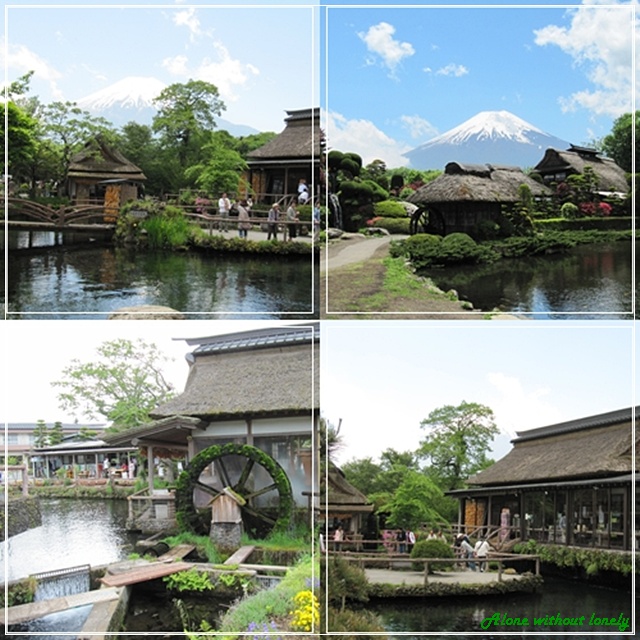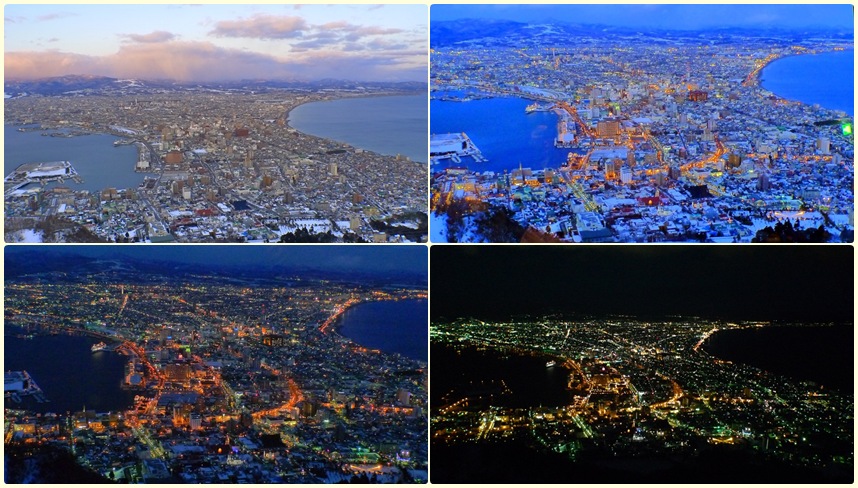 |
 ความคิดเห็นที่ 5
ความคิดเห็นที่ 5 |

ว้า เราก็นึกว่าได้ เพราะว่าไม่อยากเดินทางตอนเช้าอ่ะค่ะ มันจะเสียเวลา บางทีอาจเปลี่ยนใจว่าเข้าโตเกียววันที่ 27 เลยก็ได้ ถ้าเช็คอะไรเรียบร้อยแล้วคงต้องจองโรงแรมฯอีกที แต่ถ้ากลับโตเกียววันที่ 27 มันก็เหมือนจะกระชั้นชิดมากเลย คิดหนัก
อ้อ เราอ่านไปเจออันนี้มาอ่ะค่ะ
If you travel overnight on the last day your pass is valid, the basic fare will be covered as far as you travel, including train changes, until you first exit a station. However, surcharges are only covered for the train on which you were riding past midnight on the final day your pass was valid.
This can be interpreted as follows.
e.g. If you have a 7-day pass, and take the 'Nobinobi seat', a carpeted semi private compartment in the limited express 'Sunrise Seto-Izumo' from Himeji at 23:35hrs on the last day of the pass to Tokyo, you don't need to pay anything for the following day's portion on that particular train ride. The train arrives at Tokyo at 7:08 next morning.
Furthermore, you can take connecting trains to, say, Sapporo on the 8th day of the pass as long as you don't clear the turnstile en route. In that case, you will be imposed of the limited express surcharges between Tokyo and Sapporo. Only the base fare is valid on that segment, even though the 7 day JR pass superficially looks void on day 8. The Shinkansen - (limited) express surcharge connection discount scheme works in this case as well.
The case above in the second paragraph ( Tokyo to Sapporo trip on date 8 ) is idiosyncratic, therefore those who try to carry out a similar itinerary should carry the fine print of the JR pass in Japanese with you so that the ticket counter clerk and the conductors might not mistreat you by producing it to them.
แปลว่าน่าจะได้หรือเปล่าคะ ตามทางที่เราใช้อ่ะค่ะ
แก้ไขเมื่อ 26 มิ.ย. 53 18:45:01
| จากคุณ |
:
nicvay 
|
| เขียนเมื่อ |
:
วันต่อต้านยาเสพติดโลก 53 18:42:42
|
|
|
|
 |



